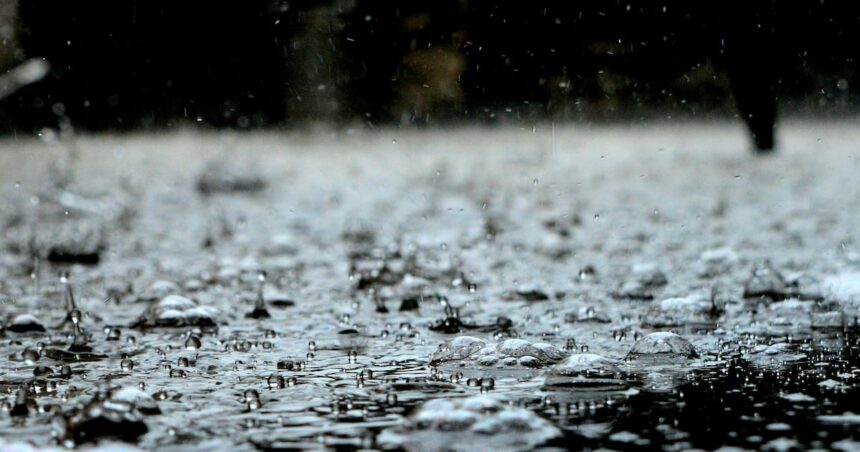In what feels like a never-ending cycle of extreme weather events this year, Environment Canada has issued significant rainfall warnings for large portions of Ontario and Quebec, potentially affecting millions of residents across both provinces.
The federal weather agency announced yesterday that several regions could see between 50 to 90 millimeters of precipitation over the next 48 hours. This comes as many communities are still recovering from flooding events earlier this spring.
“We’re looking at a slow-moving system that’s drawing moisture from the Gulf of Mexico,” explains David Phillips, senior climatologist with Environment Canada. “When systems stall like this, that’s when we see the potential for localized flooding and water accumulation.”
Areas under the most severe warnings include Eastern Ontario, particularly the Ottawa Valley region, and Western Quebec including the Outaouais and Montreal regions. The rainfall is expected to begin late tonight and continue through Thursday, with the heaviest downpours predicted for Wednesday afternoon.
Ottawa Mayor Mark Sutcliffe urged residents to prepare accordingly during yesterday’s city council meeting. “Our emergency response teams are on standby, and we’ve increased staffing at our call centers. We encourage residents to clear storm drains near their properties and check on elderly or vulnerable neighbors.”
The timing couldn’t be worse for many Ottawa residents who experienced significant basement flooding during similar rainfall events in May. Local hardware stores report increased sales of sump pumps and water barriers as residents scramble to protect their properties.
“We’ve sold more pumps in the last 24 hours than we typically do in a month,” notes James Robertson, manager at a Home Hardware in Kanata. “People are definitely taking this warning seriously after what happened last time.”
Quebec’s public security minister François Bonnardel announced that emergency measures are being implemented in potentially affected regions. “We have pre-positioned resources in areas that historically experience flooding, and our teams are ready to support municipalities as needed.”
The heavy rainfall poses particular challenges for urban areas where concrete and asphalt prevent natural water absorption. City officials in both provinces are monitoring storm sewer capacities and water levels in rivers and streams that could quickly overflow.
Hydro Ottawa and Hydro-Québec have both issued statements indicating they’ve increased crew availability to respond to potential power outages, which often accompany severe weather events as saturated ground can cause trees to topple onto power lines.
Climate scientists point out that while individual weather events can’t be directly attributed to climate change, the increasing frequency of extreme precipitation events aligns with climate models that predict more intense rainfall as temperatures rise.
“What we’re seeing is consistent with climate projections for our region,” says Dr. Natalie Richards, climatologist at the University of Ottawa. “Warmer air holds more moisture, which can lead to these intense precipitation events becoming more common.”
Local conservation authorities have issued watershed condition statements, noting that water levels in rivers and streams are already elevated from previous rainfall. They warn that fast-rising water levels could lead to dangerous conditions near waterways.
For residents in affected areas, emergency management officials recommend:
– Securing outdoor furniture and items that could be carried away by strong winds or water
– Checking sump pumps and backup systems
– Keeping emergency kits ready including flashlights, batteries, and bottled water
– Avoiding driving through flooded roadways
– Staying informed through local media and weather alerts
The Canadian Red Cross has activated its volunteer network across both provinces, preparing to assist with any evacuation centers that may become necessary.
As we head into what many meteorologists are calling an increasingly unpredictable summer weather pattern, this rainfall event serves as another reminder of our changing climate reality. Many of us in Ottawa still remember the devastating floods of 2017 and 2019, and each new warning brings back those difficult memories.
I’ll be updating this story as conditions develop over the next 48 hours. Residents can also check their municipal websites and Environment Canada’s weather alert page for the most current information about their specific locations.







